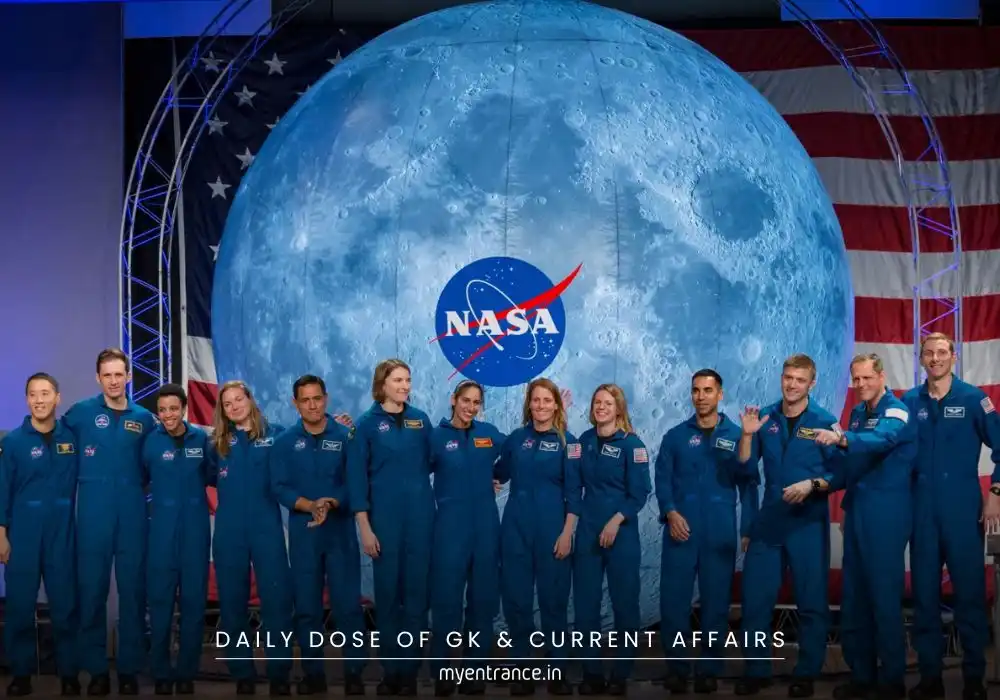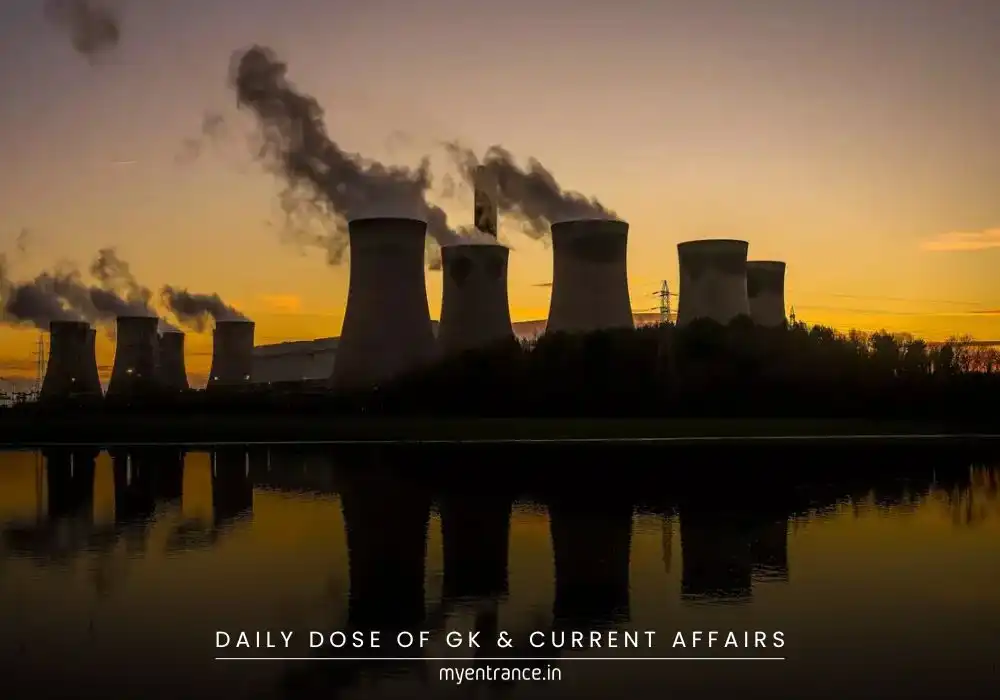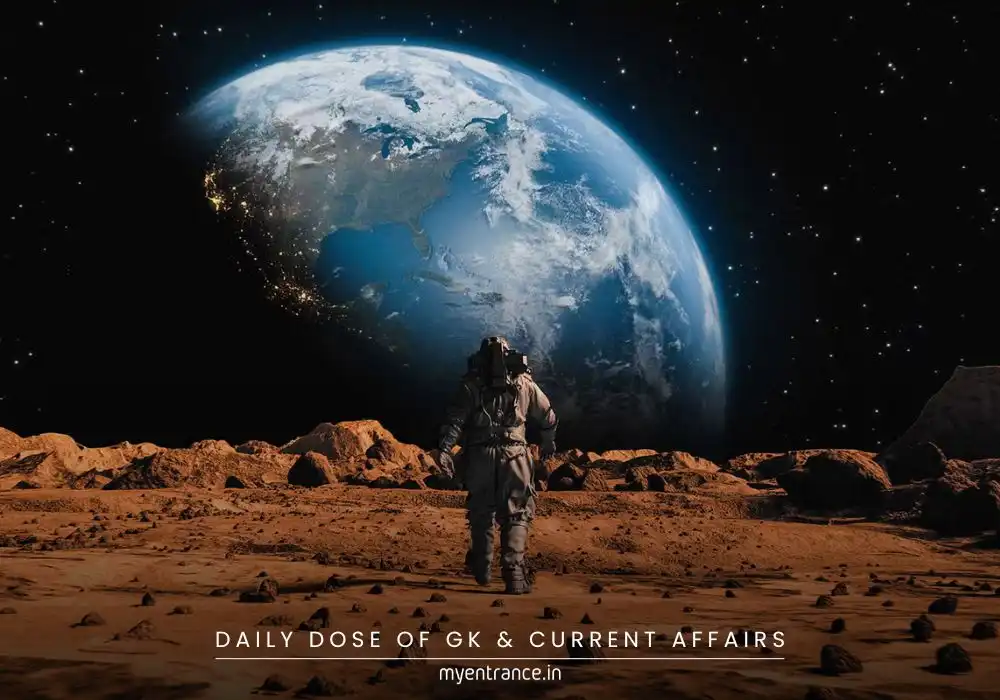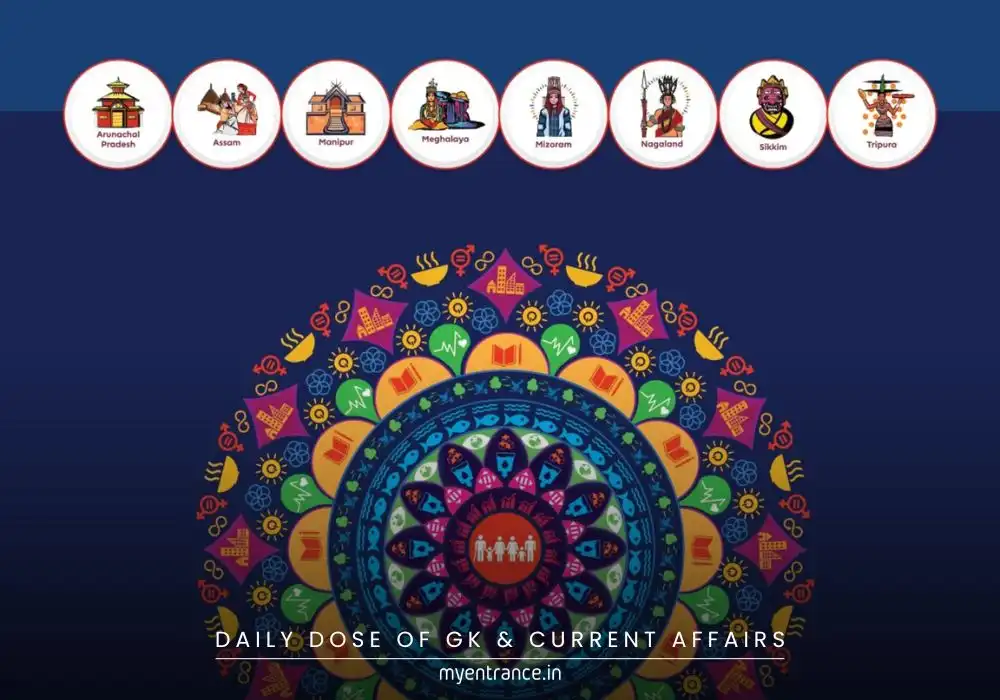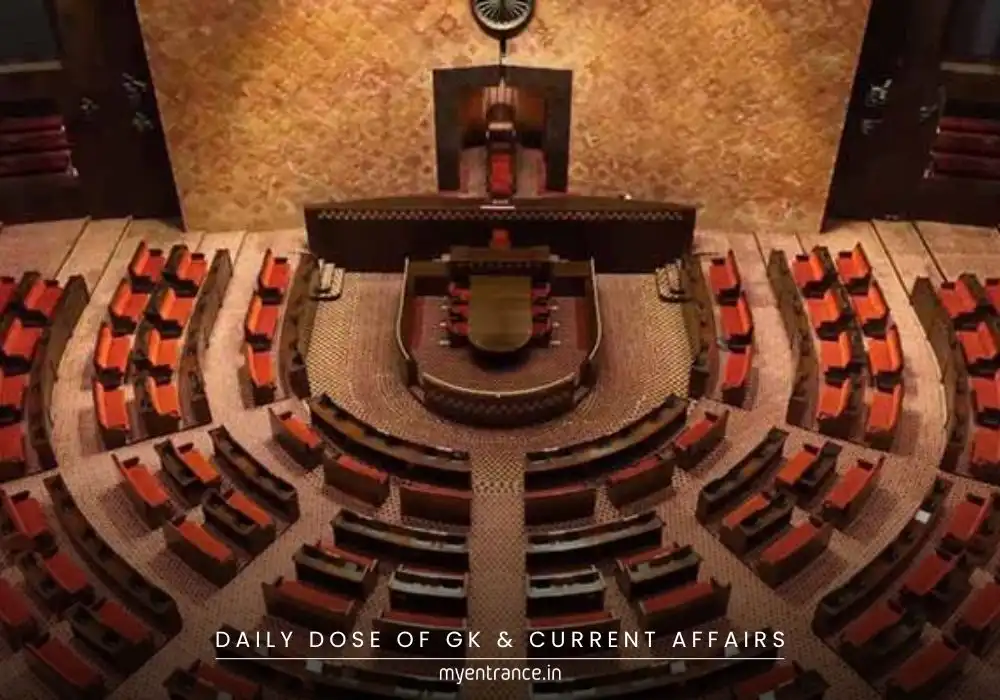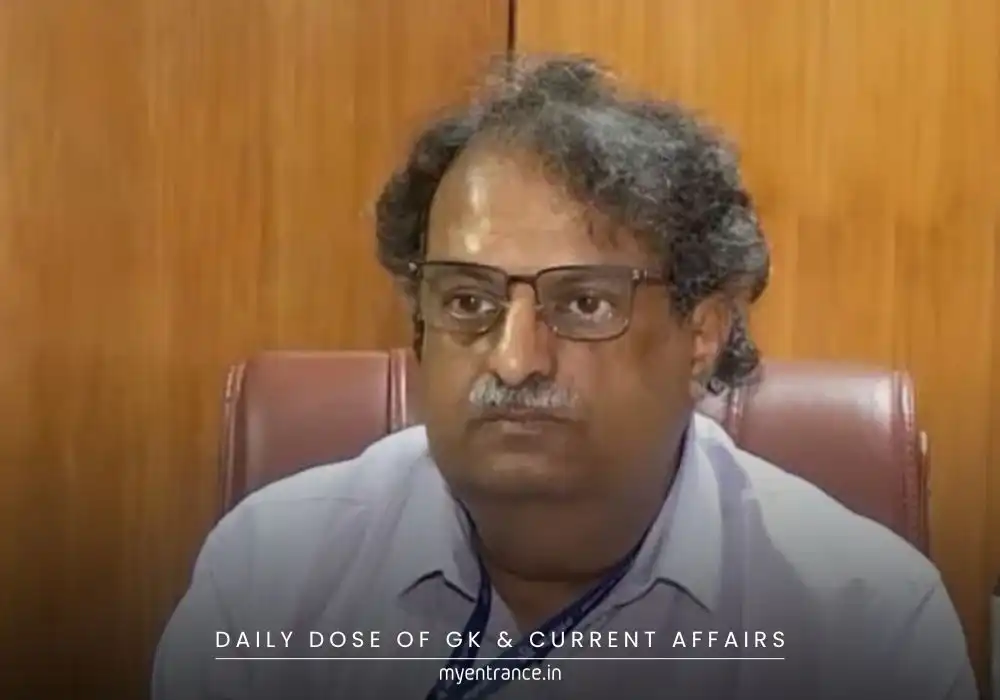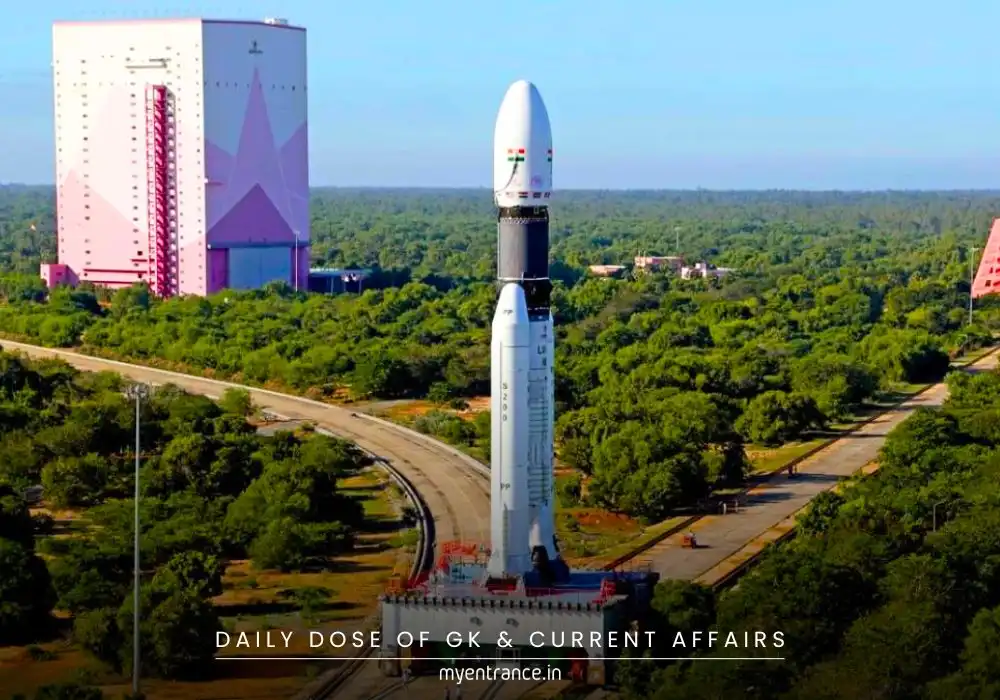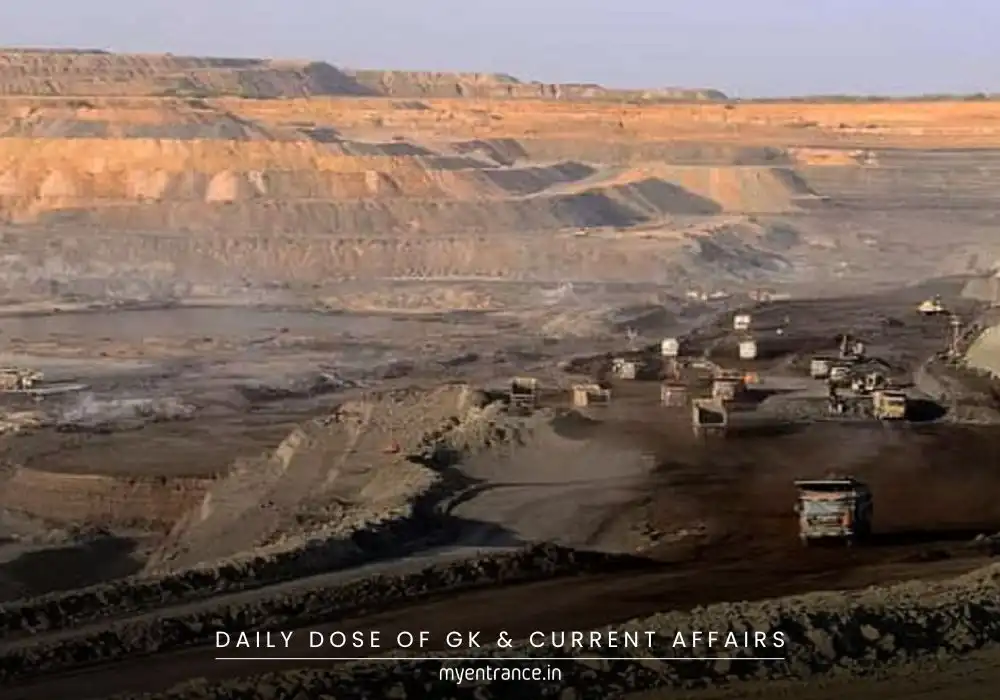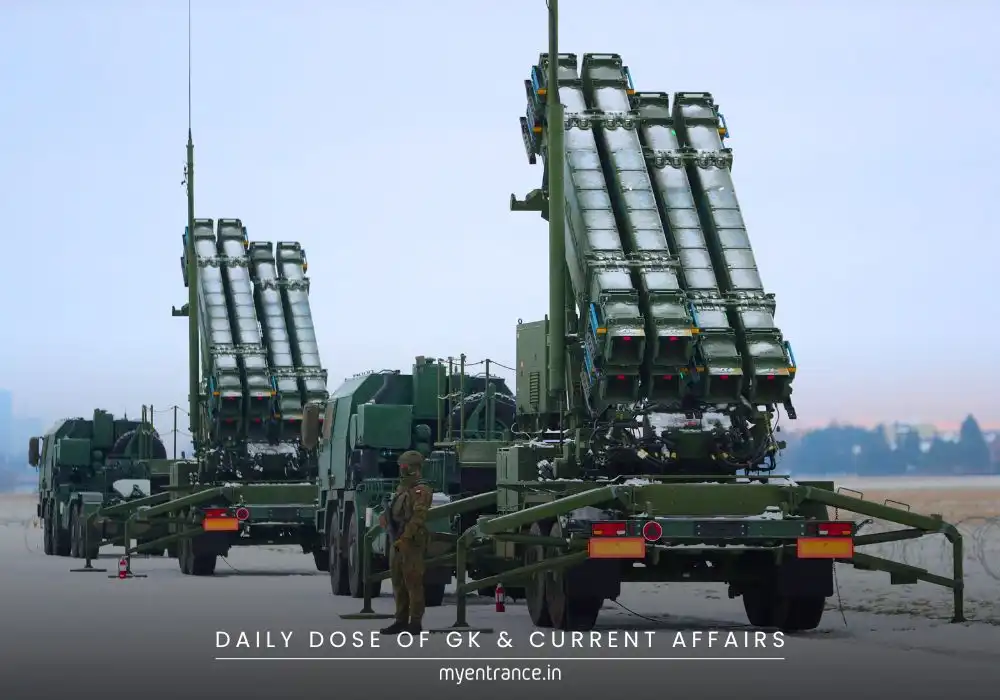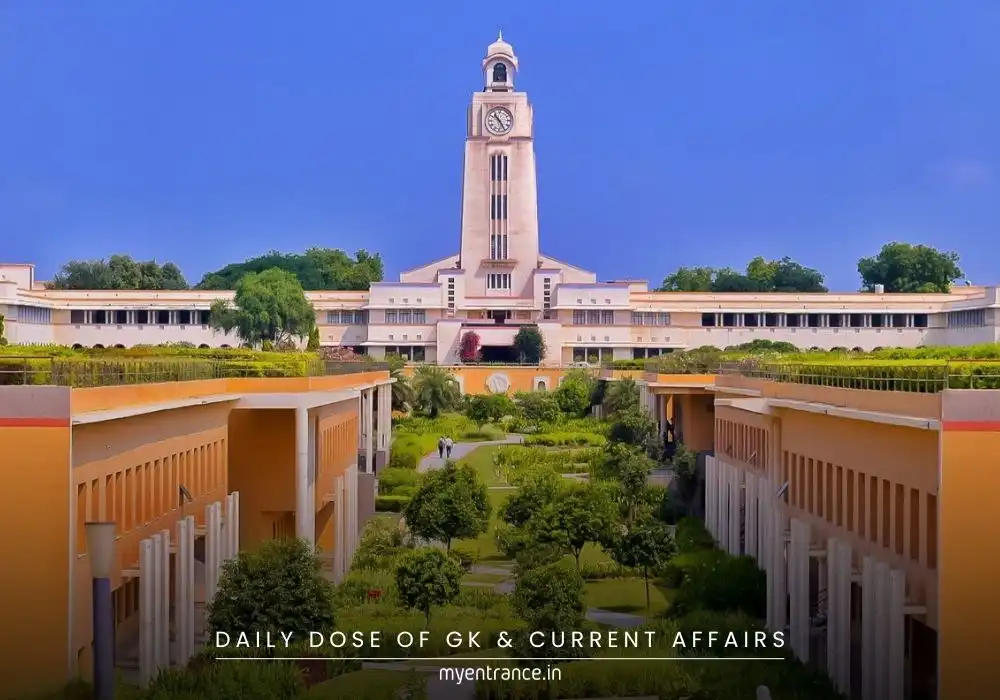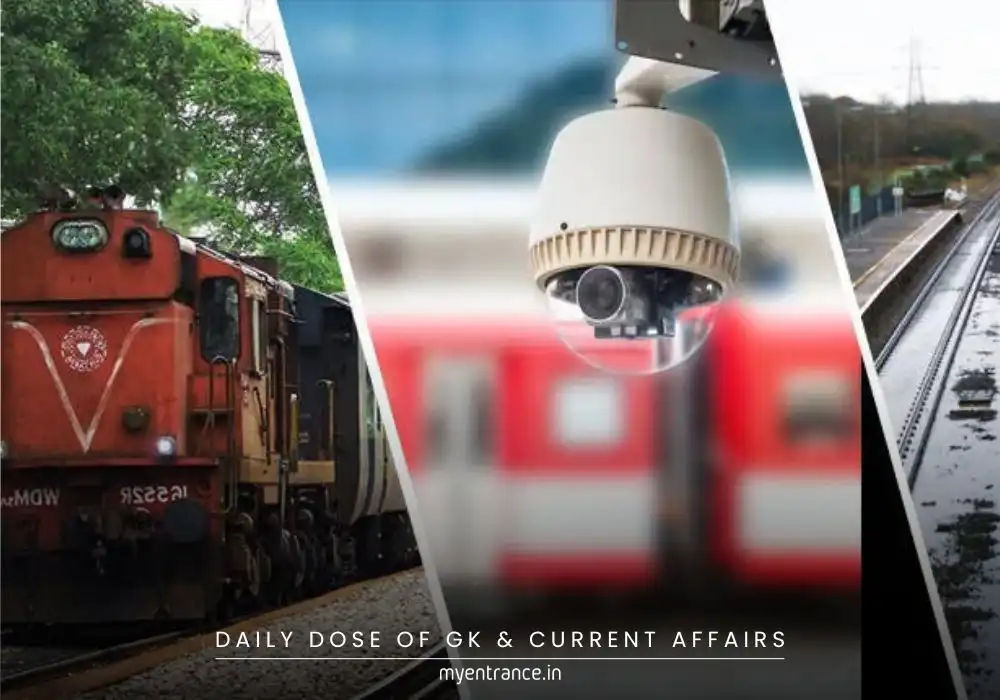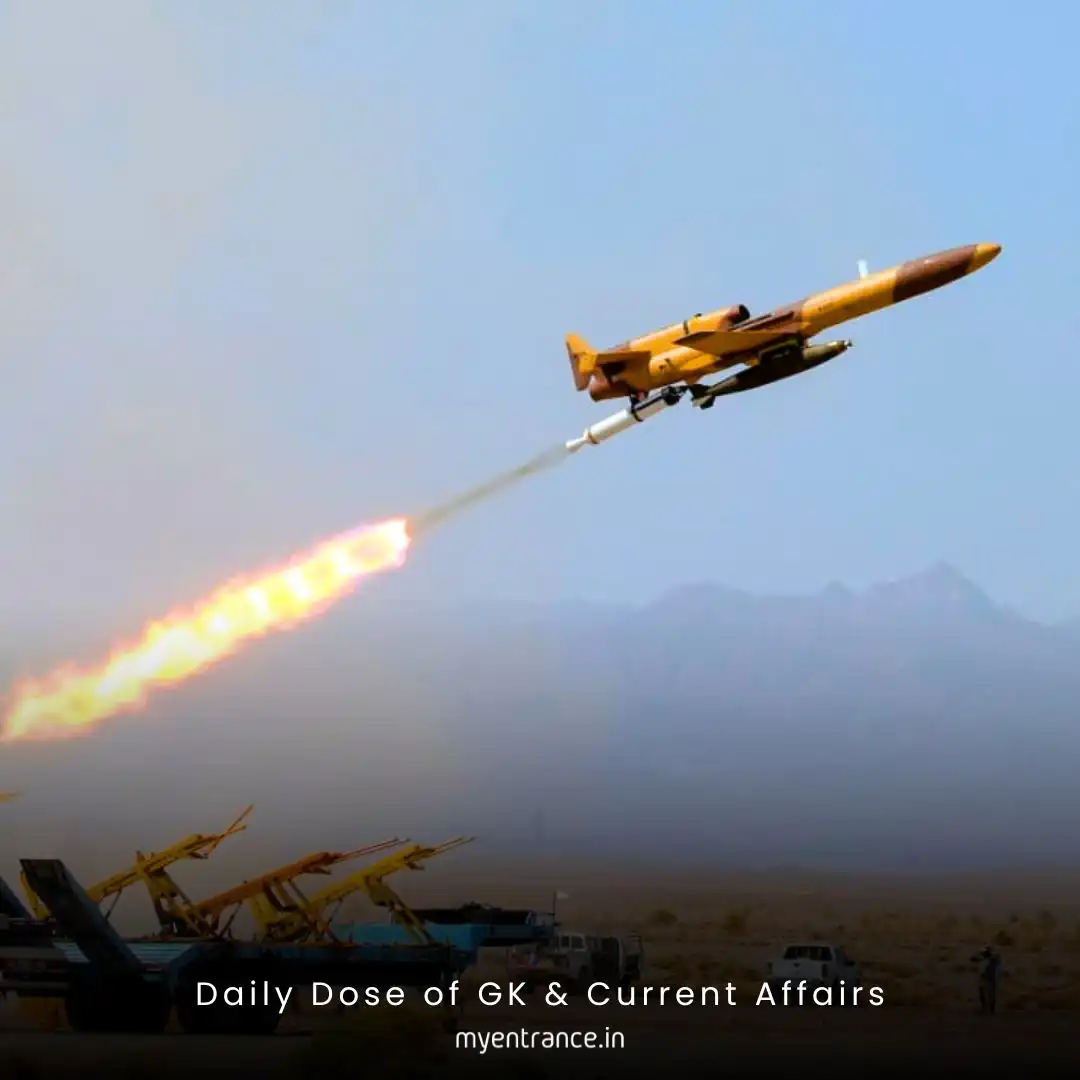Translate Language
Is “One Nation, One Election” Constitutional? Ex-CJIs Weigh In!
The “One Nation, One Election” (ONOE) Bill aims to synchronize Lok Sabha, state, and local body elections. Former CJIs Khehar and Chandrachud recently testified it doesn’t violate the Constitution’s basic structure—but criticized unchecked powers given to the Election Commission. Here’s what exam aspirants must know.
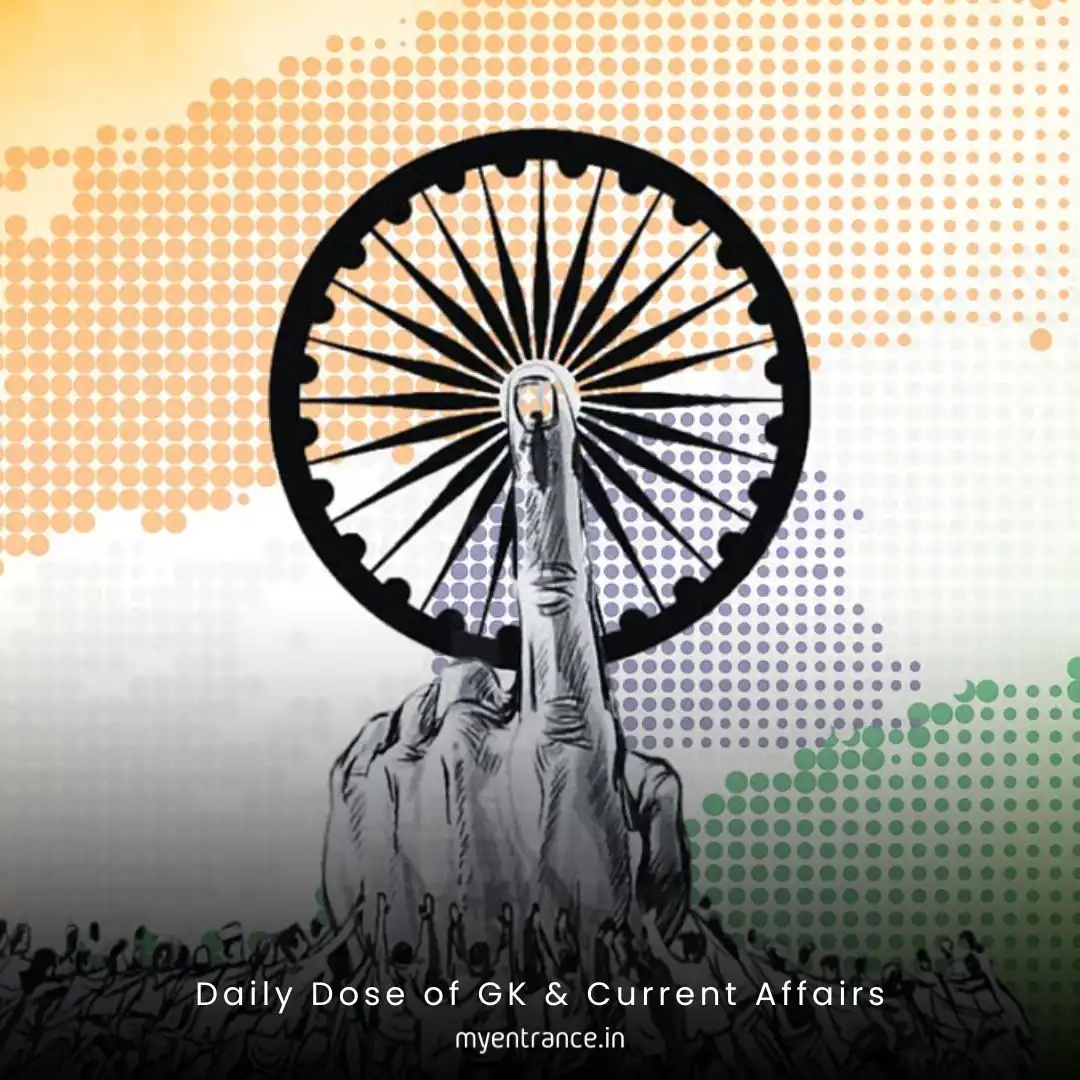
The Big Debate: Constitutionality vs. EC’s Powers
Former Chief Justices of India, Justices JS Khehar and DY Chandrachud, recently addressed a Parliamentary Committee reviewing the ONOE Bill. While they agreed that simultaneous elections are constitutionally valid, both expressed serious concerns about the Bill granting “sweeping powers” to the Election Commission of India (ECI).
Specifically, they questioned whether the ECI should have the authority to delay state elections if they can’t be held alongside national polls. Justice Chandrachud argued this could face legal challenges, suggesting the Bill needs redrafting. He clarified that asynchronous elections (non-simultaneous polls) aren’t a constitutional requirement—India’s early elections were synchronized.
Key Concerns Highlighted
The Bill lets the ECI decide if a state election can be postponed. Ex-CJIs worry this oversteps constitutional limits.
Parliamentary democracy inherently has no fixed minimum term for governments. A no-confidence motion can dissolve assemblies anytime.
Like ex-CJIs Lalit and Gogoi (who previously testified), Khehar and Chandrachud warned of potential legal hurdles.
What’s in the Bill?
The 129th Constitution Amendment Bill proposes:
Synchronizing Lok Sabha, state assemblies, and local body elections.
Allowing the ECI to recommend deferring state polls if they can’t align with national elections.
Parliamentary Committees: A Quick Refresher
The ONOE Bill is being examined by a Joint Parliamentary Committee (JPC). These committees:
Draw power from Articles 105 (MP privileges) and 118 (Parliament’s rule-making authority).
Include Financial Committees (e.g., Public Accounts Committee), Departmental Committees (scrutinize policies), and Ad-hoc Committees (time-bound mandates like this JPC).
Sample Q&A for Competitive Exams
Q1: What is the primary constitutional concern raised by ex-CJIs about the ONOE Bill?
A1: They questioned if granting the Election Commission power to delay state elections aligns with the Constitution’s basic structure.
Q2: Under which constitutional articles do Parliamentary Committees function?
A2: Articles 105 (privileges of MPs) and 118 (Parliament’s authority to regulate procedures).
Q3: Who chaired the High-Level Committee on ‘One Nation, One Election’?
A3: Former President Ram Nath Kovind.
Q4: Does the Constitution guarantee a minimum term for state governments?
*A4: No. Governments must prove their mandate throughout their term, facing no-confidence motions anytime.*
Q5: Name one key recommendation proposed in the 129th Constitution Amendment Bill.
A5: Empowering the ECI to recommend postponing state elections if they cannot be held alongside general elections.
Why Is This Important for Exams?
Prelims (SSC, PSC, UPSC): Directly linked to Indian Polity (Constitution, ECI, federalism). Questions may cover ONOE’s constitutional validity, ECI’s role, or committee functions.
Mains (GS Paper-II): Tests grasp of federal challenges, ECI’s autonomy, and parliamentary procedures. Essays on “cooperative federalism” or “election reforms” could cite ONOE.
Interview Stage: Current affairs debates on ONOE’s feasibility, federal tensions, or judicial scrutiny are frequent.
Key Themes to Revise:
Election Commission’s powers (Article 324)
Constitutional amendment process (Article 368)
No-confidence motions vs. fixed terms
Types of Parliamentary Committees
Get 3 Months Free Access for SSC, PSC, NIFT & NID
Boost your exam prep!
Use offer code WELCOME28 to get 3 months free subscription. Start preparing today!
